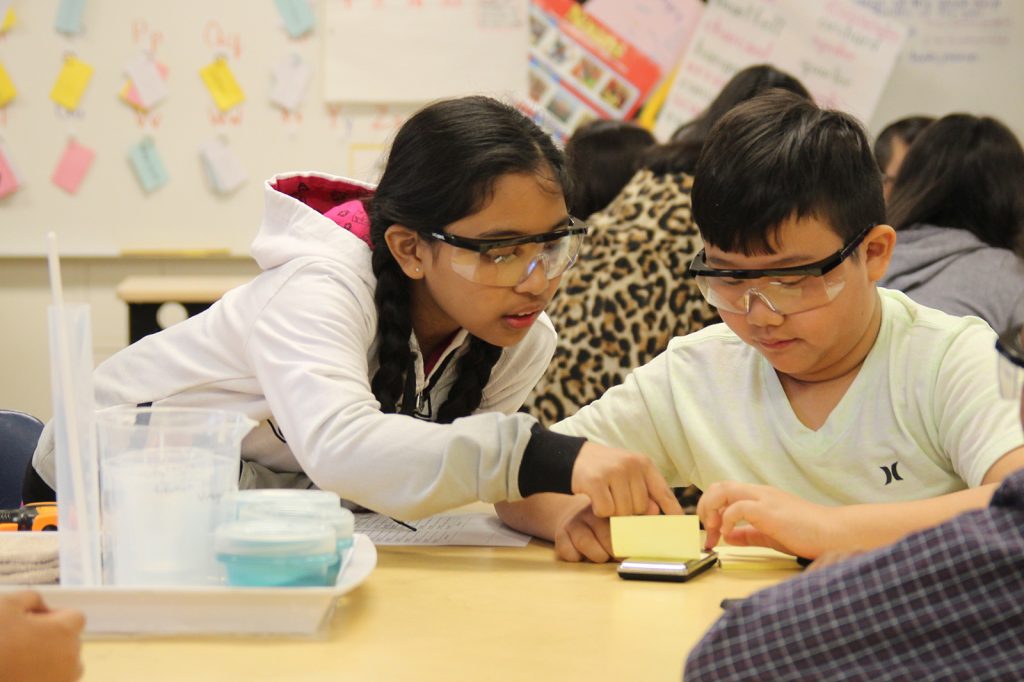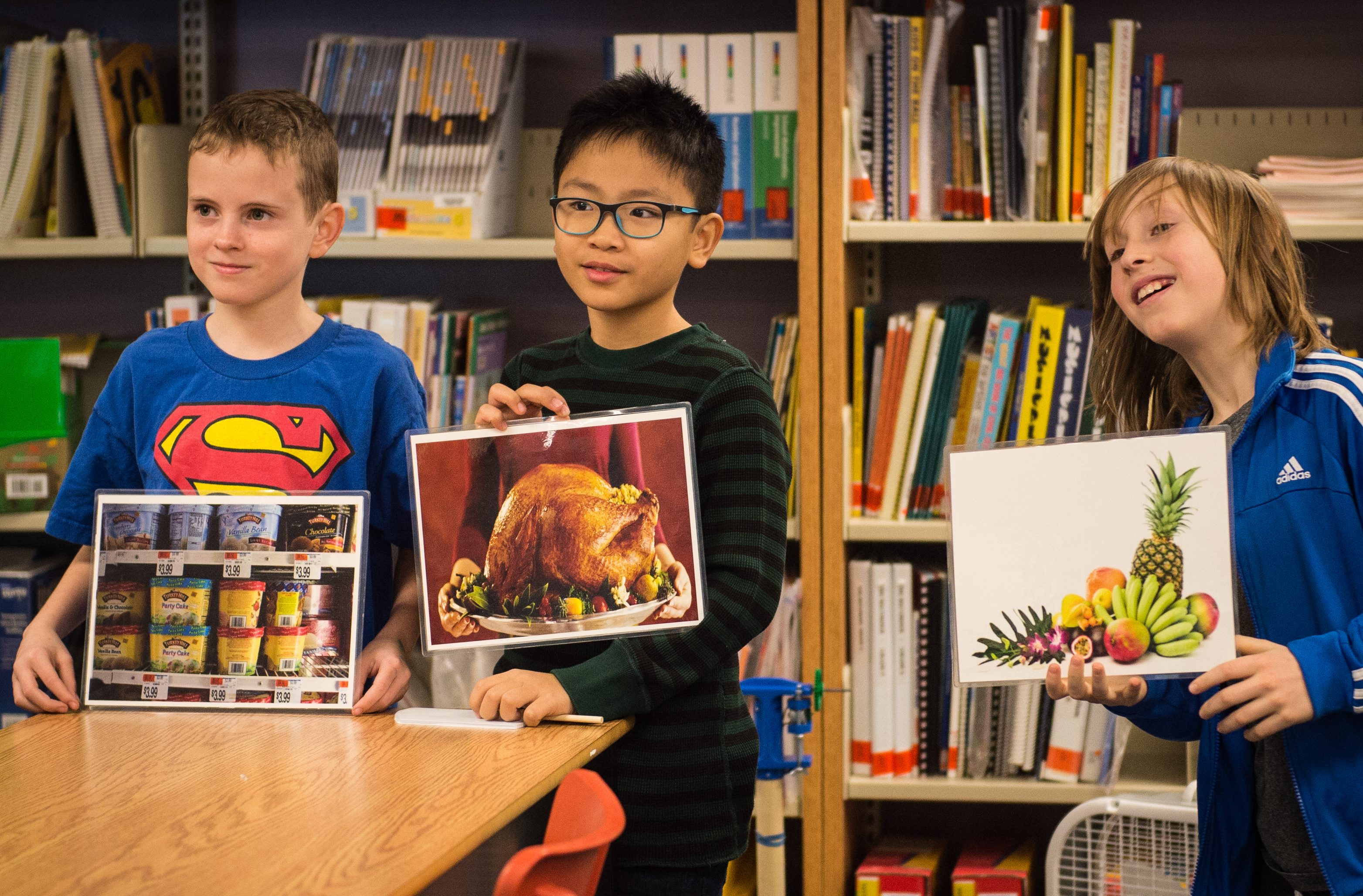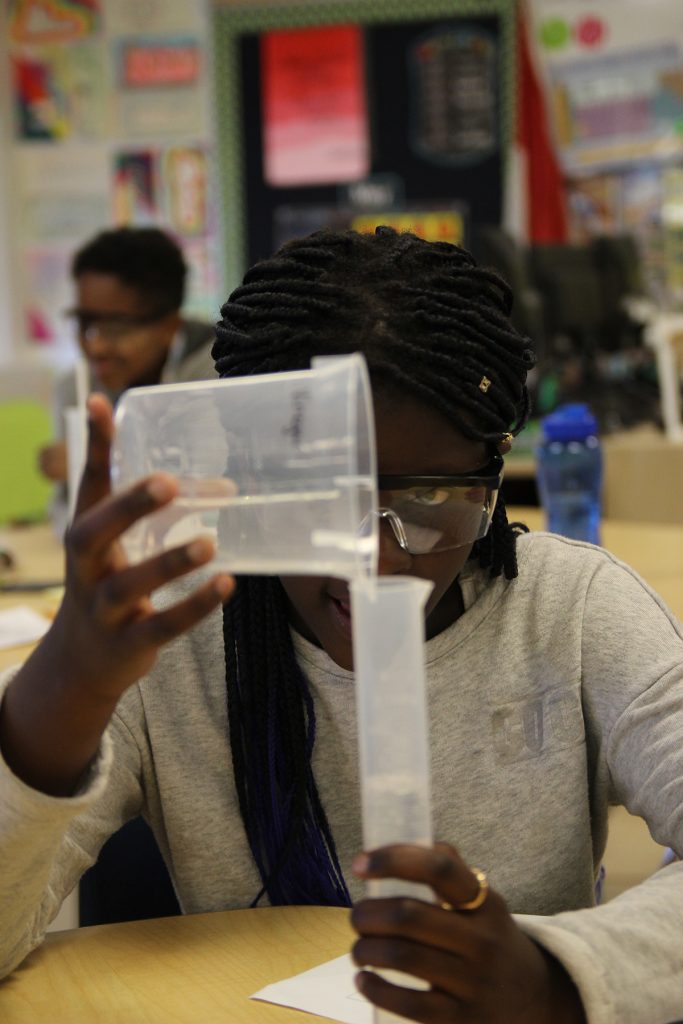 Author: Aidan Nolan, Development Officer
Author: Aidan Nolan, Development Officer
Every two weeks my partner and I receive a food box full of fresh produce from local farms and greenhouses delivered to our front porch. But we always order a little more than we’re able to eat and some of it ends up in our green bin with the coffee grounds, egg shells, and uneaten leftovers that make up our regular compost. I’ve often felt guilty about the extra veg that we waste, and I’ll hear the voice of my father-in-law whispering in my ear, “So…who actually likes kale?”
But since I started working in the renewable energy field, I’ve realized that while it’s important to limit our food waste as much as possible, extra compost could in fact be used for good by being turned into a renewable resource – biogas!
Canadians waste 58 per cent of the food we produce, and we could save a third of that. Many towns still don’t have compost programs. Even in Toronto, where we set up North America’s first municipal compost program in 2003, we still see high levels of organic waste being shipped to landfills (roughly 40% of the average garbage bag’s contents is organics).
Additionally, when organics break down at the landfill this waste produces one of the most dangerous Green House Gases: methane. While CO2 is still the single biggest culprit of GHGs, methane (per unit) can be more than 80 times stronger than CO2 over the first 20 years of its half-life and is therefore a growing concern for climate change specialists.
Yet, organics diversion rates are increasing across the country and many municipalities are looking at how they can use compost as a renewable energy resource. After all, everybody eats!
Several communities are moving or have moved to integrate new bio-digester technologies into their energy supplies. Bio-digesters convert the methane coming off the compost into liquified natural gas, which burns cleaner than methane seeping out of landfills and results in a smaller GHG footprint.
Surrey, B.C. is using the gas they harvest from their compost to power their garbage truck fleet, and other cities are planning to do the same. In Toronto, the ZooShare Co-operative will produce electricity for the grid from bio-gas sources like manure produced at the Toronto Zoo, and similar operations working to reduce agricultural emissions and re-use food waste can be found in every province in Canada.
It was against this backdrop that I experienced my first Relay workshop back in January, our biogas workshop Digest This! I immediately knew from the first video of a rhino pooping that the kids would love it!<
My favourite moment came when a little girl exclaimed, “this is so cool, I want to be a scientist and work in a university lab!”
My hope is that not only will she work in a university lab, but also in the emerging market for biogas.
What I would ask of you the reader is this: we need your support to continue developing and delivering vital workshops like Digest This!

Please consider composting some of your money with us each month so that we can power a renewable energy future. Join us at www.relayeducation.com/donate



